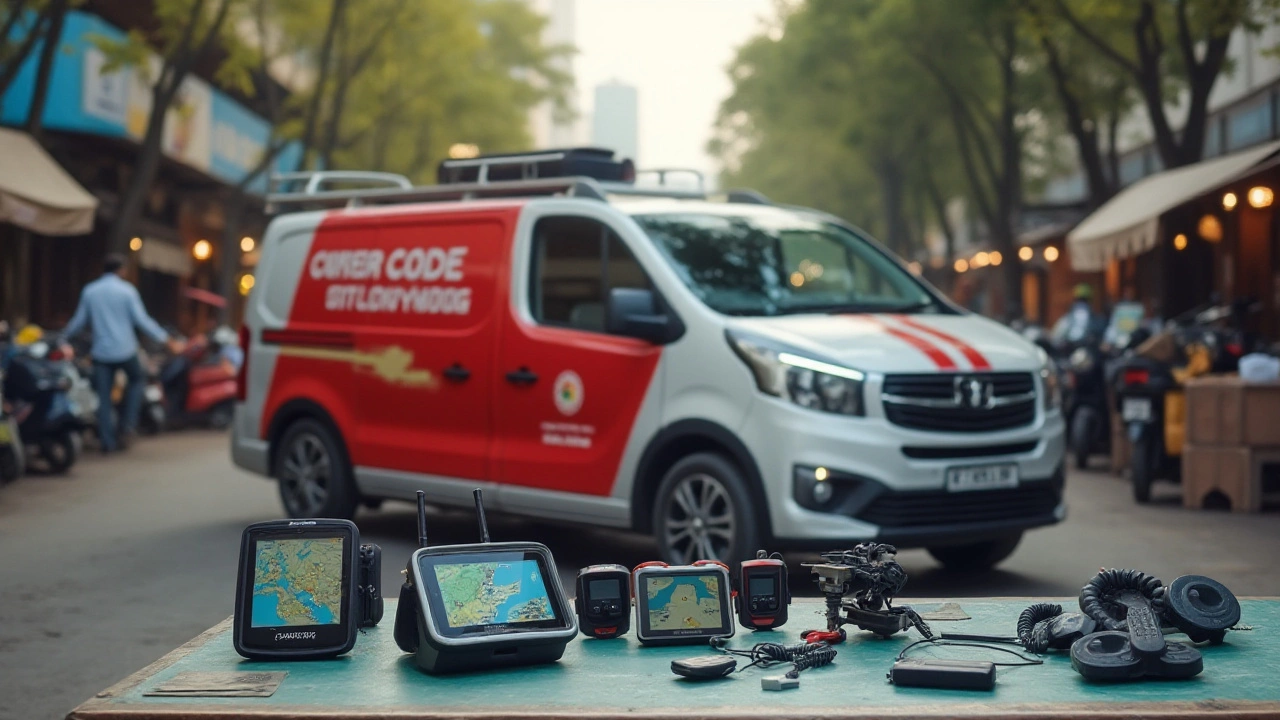How to Start a Courier Service From Scratch
Thinking about turning a delivery gig into a real business? You don’t need a fancy MBA or a big bankroll. With a clear plan, the right paperwork, and a few everyday tools, you can launch a courier service that moves packages – and profits – quickly.
Plan Your Market and Services
First, figure out who will need your service. Are you targeting local e‑commerce shops, restaurants, or people who need same‑day pickups? Walk around your city, ask small business owners, and check online forums for delivery pain points. Write down the most common needs – fast same‑day drops, heavy‑item transport, or special handling for motorcycles if you’re in Chennai.
Next, decide what you’ll actually transport. Keep it simple at first: parcels up to 30 kg, documents, and maybe two‑wheelers. Defining a narrow focus helps you price confidently and market directly to the right customers.
Legal, License, and Insurance Basics
Every city has its own rules for courier ops. In India, you’ll need a GST registration if your turnover crosses the threshold, a commercial vehicle permit, and a shop‑and‑establishment license. Grab a copy of the local transport department’s checklist and tick each box. Skipping this step can cost you fines later.
Insurance isn’t optional. A comprehensive commercial policy covers your vehicles, any third‑party liability, and the goods you carry. Get quotes from three providers, compare coverage limits, and pick the one that matches the value of the parcels you’ll handle.
Finances and Pricing
Start with a lean budget. List the essentials: one or two reliable motorbikes or vans, fuel, insurance, a smartphone with a GPS app, and basic office supplies. If cash is tight, consider leasing a vehicle or using a rent‑to‑own plan.
Pricing can be a headache, but keep it transparent. Add up your fixed costs (insurance, vehicle loan, licenses) and variable costs (fuel, driver wages). Then add a profit margin of 15‑20 %. Offer flat rates for short distances and a per‑kilometer charge for longer trips. Show customers a simple price table – they’ll trust you more.
Tech and Tracking
You don’t need an enterprise TMS to begin. A good GPS app (like Google Maps) and a messaging platform (WhatsApp Business) let you share live location with clients. As you grow, you can upgrade to a dedicated courier software that handles dispatch, invoicing, and automated notifications.
Give every package a unique ID – a simple barcode you print on a label works fine. Scan it at pickup and drop‑off, and you’ll have a basic audit trail without costly hardware.
Hiring and Training
If you’re the only driver, start there. When demand rises, hire reliable riders with clean driving records. Train them on safe loading, customer etiquette, and how to use your tracking app. A short 2‑hour onboarding session prevents mistakes and builds a professional image.
Marketing Your New Courier Service
Word‑of‑mouth works wonders in local markets. Offer a free first delivery to nearby shops, ask for a testimonial, and post it on social media. Create a simple website or a Google My Business profile with your phone number, service area map, and operating hours.
Run a few targeted Facebook or Instagram ads focusing on zip codes you serve. Use a clear call‑to‑action: “Same‑day delivery in Chennai – Book in 5 minutes!” Track which ads bring the most bookings and adjust spend accordingly.
Launching a courier service isn’t rocket science. Nail the market research, get the legal stuff right, keep costs low, use basic tech, and market directly to local businesses. Follow these steps, stay consistent, and you’ll have parcels moving and cash flowing before you know it.
